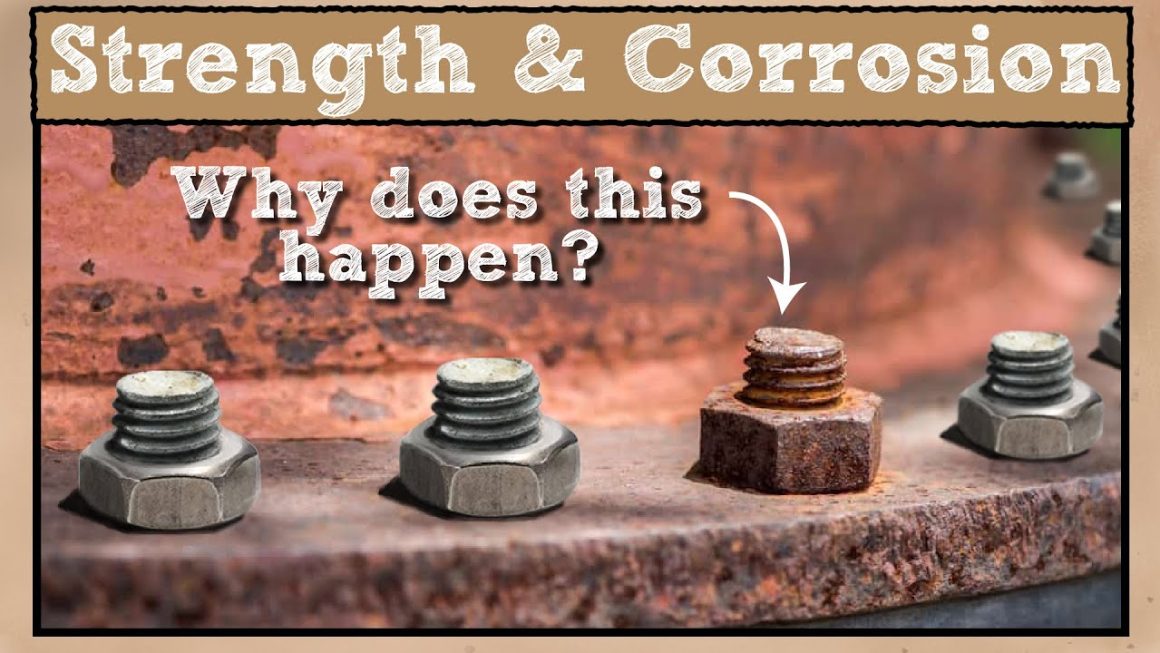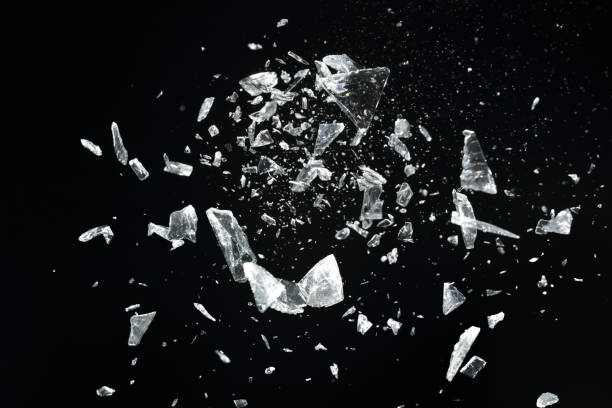Can you use salt water to put out a fire? This question became more than just curiosity one quiet night at sea. The moon reflected off calm waves as the crew of the fishing vessel Sea Hope enjoyed their tea. Then, the faint smell of smoke drifted in. Within moments, alarms blared – a fire had started in the engine room.
Panic gripped the crew. Out here, hundreds of miles from land, there was no fire truck to call. Their only water source? The endless stretch of salty ocean beneath them. As shouts echoed through the metal corridors, the captain’s voice rose above the chaos with a single urgent question: “Can you use salt water to put out a fire“
The Question That Sparked Curiosity
This wasn’t just a sailor’s dilemma – it’s a question that has puzzled campers, boat owners, and emergency responders for decades. People know water is good for extinguishing flames, but the presence of salt changes things. The crew of Sea Hope had seconds to decide whether to pump seawater into the engine room. They didn’t know the science – they only knew they had to act fast.
For anyone wondering, can you use salt water to put out a fire in such extreme conditions, the answer depends entirely on the type of fire you’re facing. In moments of crisis, even a small detail like the type of water available can shape the outcome of a rescue.
Can You Use Salt Water to Put Out a Fire – The Basics
The short answer? Yes – but with caution. Salt water can extinguish many types of fires because it still has the cooling effect of regular water. When poured onto burning wood, paper, or fabric, the moisture absorbs heat, drops the temperature, and cuts off oxygen. The flames die down.
However, those who ask can you use salt water to put out a fire must remember that the salt dissolved in the water changes its properties in ways that can be dangerous for certain fire types. Seawater is a conductor of electricity, which means using it on an electrical fire could result in electrocution. It can also cause damage to engines, metal surfaces, and firefighting equipment due to corrosion. Even if it saves the day, it may leave behind a costly aftermath.

Why Salt Water Behaves Differently Than Fresh Water
To understand why this is important, we have to look closer at the science. Fresh water is mostly just H₂O – pure, non-conductive, and harmless to most surfaces. Salt water, however, contains dissolved sodium chloride, magnesium, calcium, and other minerals.
These minerals make it a good conductor of electricity. So, if a fire is caused by faulty wiring or electrical equipment, spraying salt water could send a dangerous electric current through the water to the person holding the hose.
Furthermore, salt water accelerates rust and corrosion. While it can put out flames, it might leave costly damage in its wake – especially on ships, metal containers, and machinery. This is why maritime crews often balance the urgent need to stop the fire with the long-term damage it might cause to their vessel.
Real-Life Situations Where Salt Water Saves Lives
Despite these downsides, there are countless situations where salt water is the only option – and it works well.
- Shipboard Fires: Naval and fishing crews often rely on seawater in emergencies. Special salt-resistant pumps are built into many vessels for this very reason.
- Coastal Wildfires: In rare cases, helicopters have scooped ocean water to fight forest fires near the shore.
- Beachfront Buildings: Firefighters in small island towns may use salt water if fresh water supplies are low.
The crew of Sea Hope, in our opening story, did just that. They flooded the engine room with salt water, cooling the metal and smothering the flames. The ship was saved – though the engine later required expensive repairs. In this moment, they proved that can you use salt water to put out a fire is more than a theoretical question – it’s a matter of survival. In remote areas, it may be the only chance people have to fight back against a growing blaze.
Dangers of Using Salt Water for Certain Fires
It’s important to know that not all fires respond the same way. Salt water should never be used on:
- Electrical Fires: Because of its conductivity, salt water can be deadly in these cases.
- Oil and Fuel Fires: Water, whether fresh or salty, causes oil to splatter, spreading the fire instead of extinguishing it.
- Sensitive Equipment Fires: Salt water leaves a residue that can destroy electronics and mechanical systems.
Anyone asking can you use salt water to put out a fire needs to be aware of these risks to avoid turning an emergency into a tragedy. In the wrong scenario, it can make a bad situation worse – faster than you can imagine.
Lessons from History and Modern Science
History is full of dramatic moments where salt water was both hero and villain. During World War II, naval ships often relied on seawater pumps to fight fires caused by enemy attacks. While it saved countless lives, it also meant the ships needed major repairs after the battles.
Modern fire safety experts still teach mariners and coastal communities about the correct use of salt water. The key is knowing when it’s safe and when it’s dangerous. Today’s vessels even have hybrid systems that can use fresh water first and switch to salt water if the emergency demands it.

Visit our website for more updates and stories
The Final Verdict
So, can you use salt water to put out a fire? The answer is yes – but it’s not always the smartest choice. If the fire involves flammable solids like wood or cloth, salt water can be a lifesaver. If it involves electricity, oil, or sensitive machinery, you should avoid it entirely.
The crew of Sea Hope never forgot that night. The ocean gave them the only weapon they had against the flames – and it worked. But they also learned that survival at sea isn’t just about bravery; it’s about knowledge. And in the world of firefighting, knowing the difference between fresh water and salt water can mean the difference between safety and disaster.













